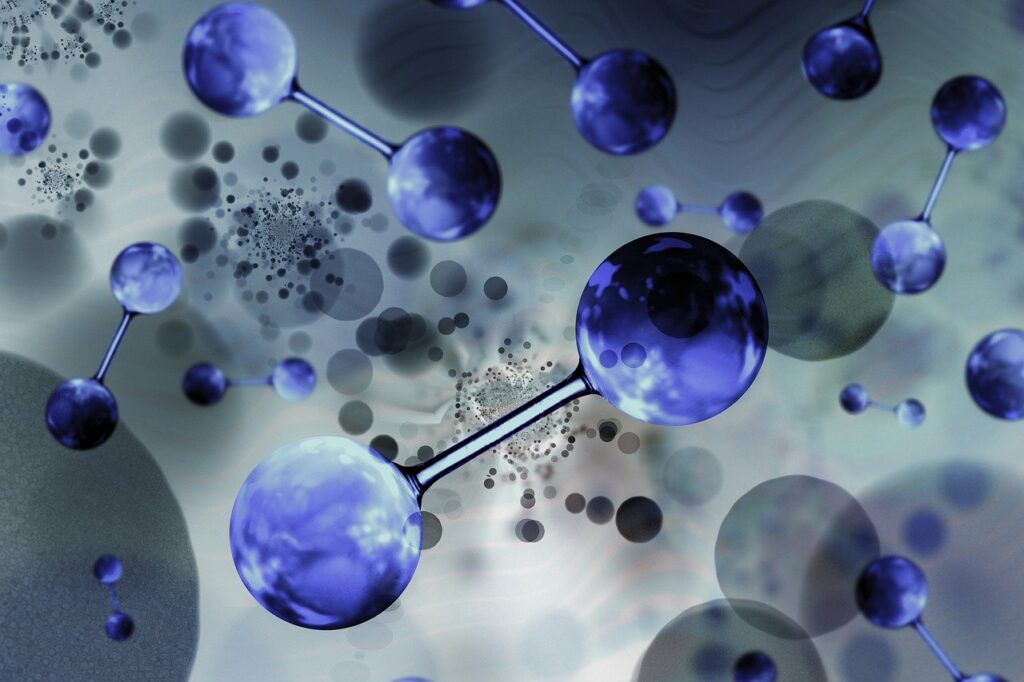Horizon Fuel Cell Group, a pioneering force in the hydrogen sector, has unveiled a technology in Anion Exchange Membranes (AEM), marking a significant leap toward achieving the coveted $1/kg green hydrogen production cost at scale.
This technological breakthrough, backed by two decades of membrane development expertise and collaboration with material and manufacturing partners, holds the promise of transforming green hydrogen into an immediate solution for decarbonizing crucial sectors such as steel, fertilizers, ammonia production, synthetic fuels, and hydrogen-electric mobility.
The primary goal of Horizon’s AEM Electrolyser Technology is to redefine the economics of green hydrogen production. With a targeted cost of $1/kg, this innovation aims to make green hydrogen commercially viable for various industries, unlocking the potential for widespread adoption in the realms of green steel manufacturing, eco-friendly fertilizers, ammonia production, synthetic fuel generation, and hydrogen-powered mobility. The announcement is set to take center stage at the Japan Hydrogen and Fuel Cell Expo, showcasing the immense potential of the technology on a global platform.
Horizon’s AEM technology stands out as a versatile and efficient pathway for green hydrogen production. Combining the strengths of both Alkaline and Proton Exchange Membrane (PEM) technologies while addressing their limitations, AEM Electrolysis becomes an attractive solution. The utilization of earth-abundant nickel and iron materials, elimination of expensive Iridium catalysts and titanium plates, and the avoidance of perfluoroalkyl substances (PFAS) position AEM as a frontrunner in sustainable hydrogen production. The radical scavenging membrane boasts superior mechanical strength and chemical stability, making it a commercially viable option.
The potential impact of Horizon’s AEM Electrolyser Technology is far-reaching. Operating for over 60,000 hours at an impressive efficiency of up to 95%, this innovation could usher in a new era of cost-effective hydrogen production.





